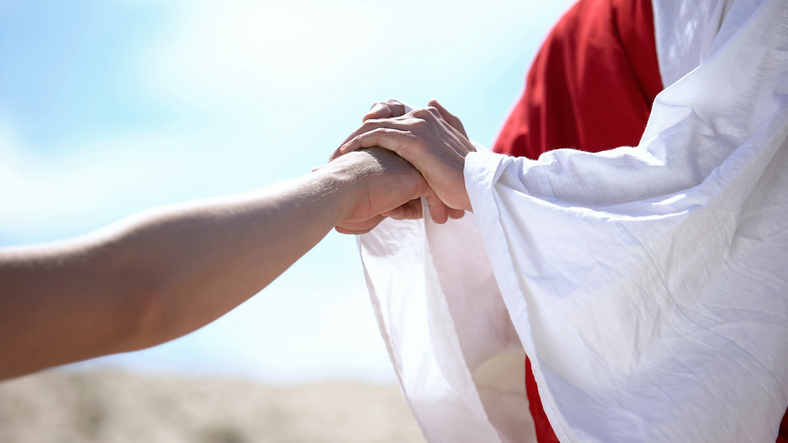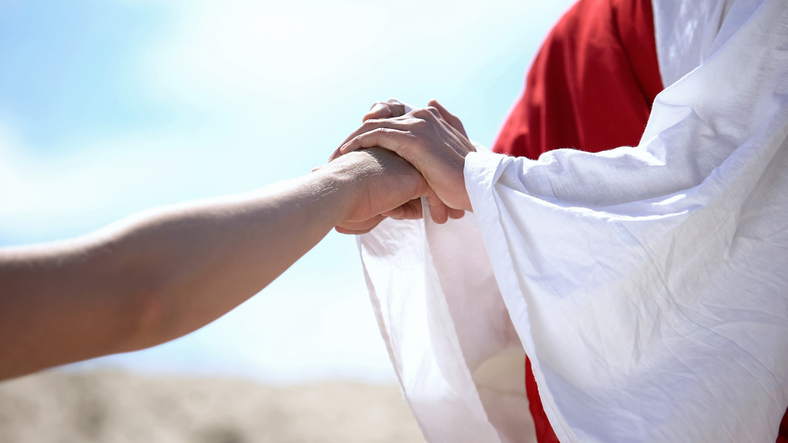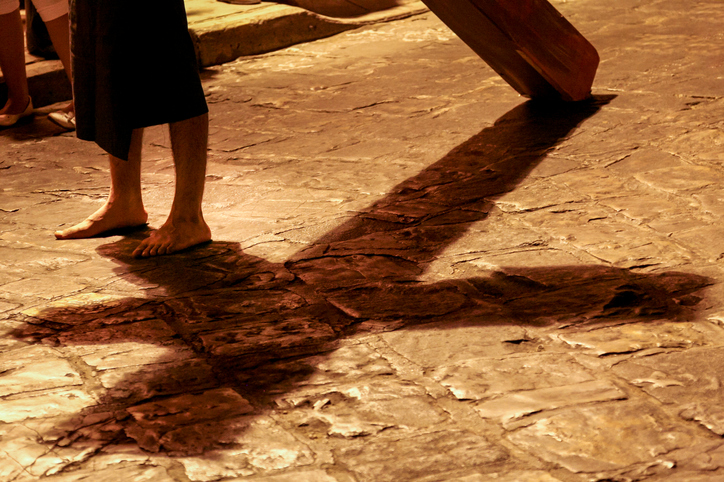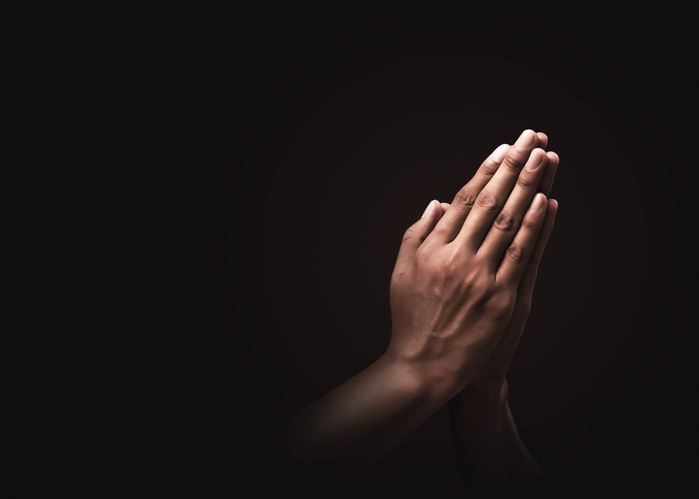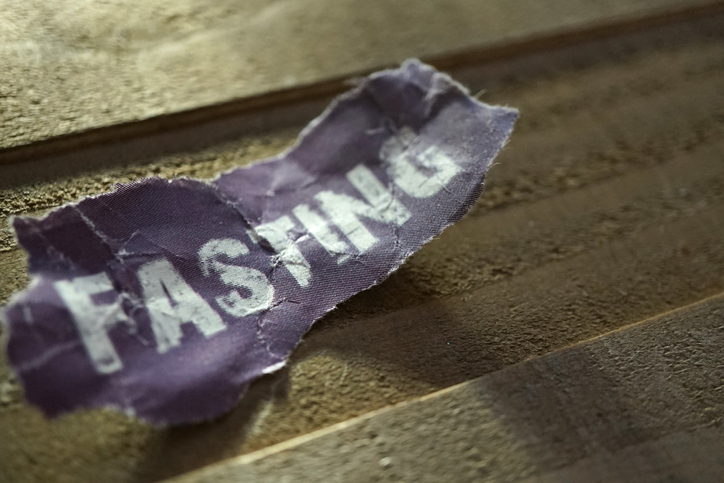Not to put myself down, but I am not as fit as I once was. I participated in competitive running from 4th – 12th grade and lots of running afterward. At 25, even my elbow pops when I wake up. (That’s normal, right?) A broken ankle two summers ago, coupled with a hernia, hip misalignment, and minor ACL tear within the last year, all mean that I haven’t done too much physical activity for the last two years. This year, I’m trying to take small steps towards getting back into fitness and building strength, all while trying to incorporate a faith aspect.
For example, my friend and I did SoulCore earlier this week.
If you’re like me a week ago and have never heard of SoulCore, it’s a prayerful workout in which you pray the rosary while going through various stretching and strengthening moves. This way, not only are you working to focus yourself physically and mentally but also to focus yourself spiritually, as well.
My friend and I had borrowed the DVD that goes through the Glorious Mysteries of the Rosary, but to be honest, we couldn’t make it through the third decade. At one point, I remember jokingly saying out loud, “I am weak, but my God is strong,” as my arms trembled during the Our Father pushups. My friend exhaled a quick, “Amen,” to let me know that I wasn’t the only one struggling.
Today’s first reading forced me to face the fact that what I said as a joke should really be taken seriously. It reminds us to hope in the Lord and not to seek strength in flesh.
Most often, I find myself wanting to be like other people. I want to be fit like Andrea La Thoma. I want the modern faith life of my coworker. I want the business acumen of my mother. I want the trust in God that Saint Monica had. It is rare that I find myself saying that I want to be more like Jesus.
If you’re like me, maybe don’t give our savior so little credit. He wasn’t a king born with privilege and opportunities at his feet, he was born in a stable and placed in a feeding trough with a carpenter and young mother as his parents. He was human. He had human emotions and struggles. His faith, his self-control, his compassion, his big-picture view of the world, are all examples for me to follow. Moreover, he placed his faith in God, Our Father, above all else.
Who is your role model? Where is your hope in the Lord?
Learn more about SoulCore here.

Veronica Alvarado is a born and raised Texan currently living in Michigan. Since graduating from Texas A&M University, Veronica has published various articles in the Catholic Diocese of Austin’s official newspaper, the Catholic Spirit, and other local publications. She now works as the Content Specialist in Diocesan’s Web Department.
